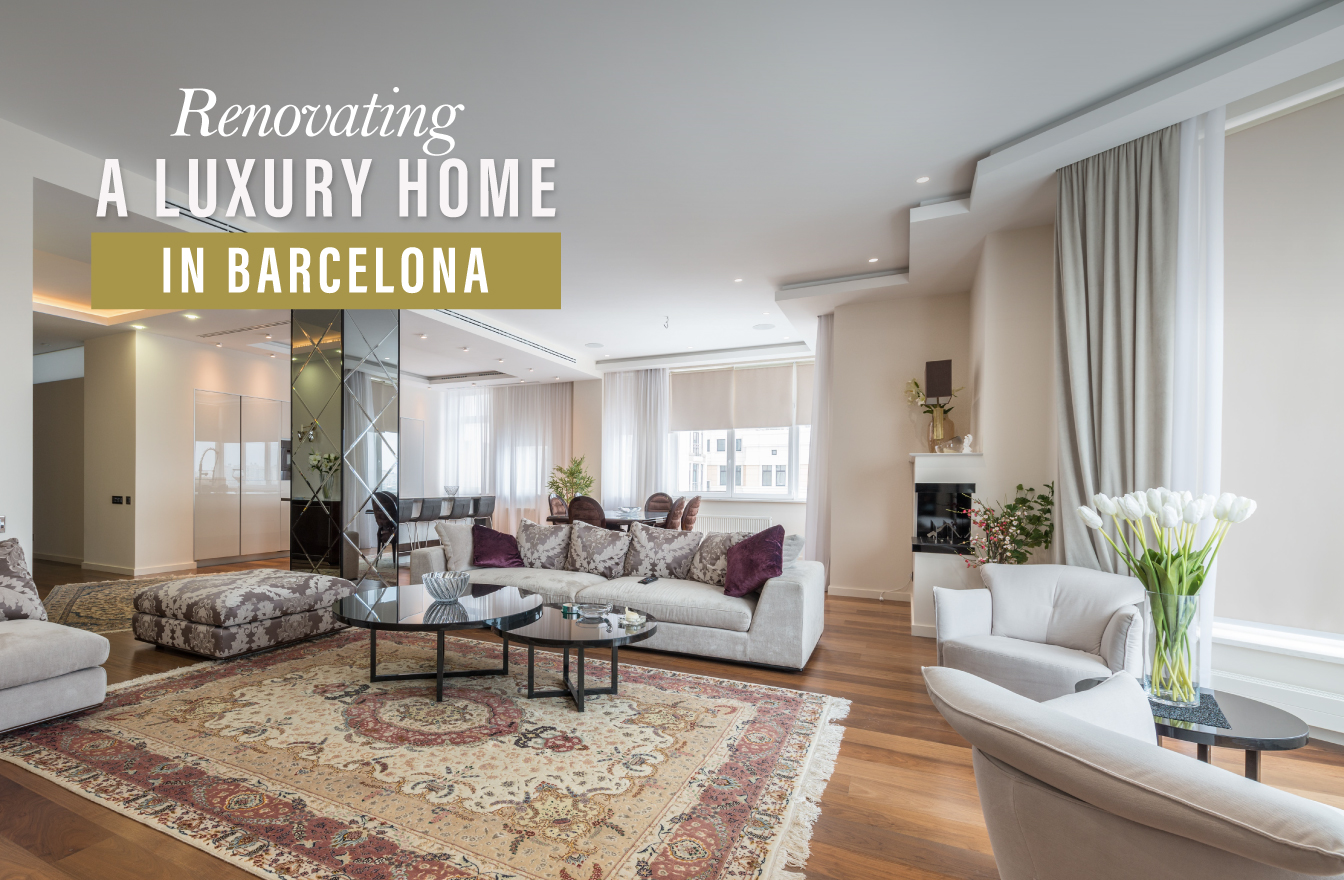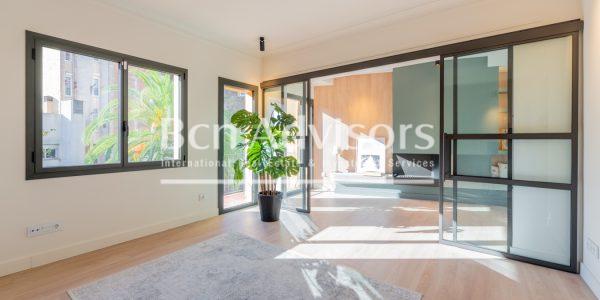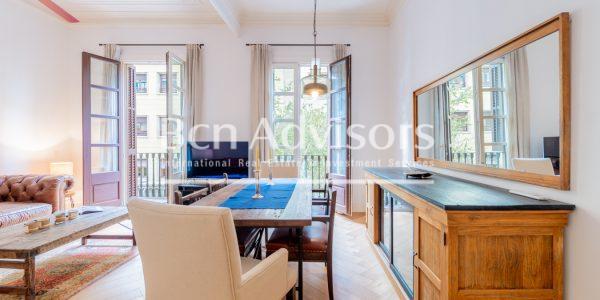
Want to make sure you get a good return on your property investment? Of course you do! And it’s all about location, right? Well yes, to a certain extent. But what many people fail to recognize is the potentially significant gain in property value when choosing to buy a property to renovate, particularly when several other factors are taken into account.
As well as location, the potential price increase on a luxury home can vary significantly based on the scope and quality of renovations carried out alongside current market conditions.
Let’s look a little closer at these factors and a few others worth taking into account:
1. Extent of Renovations
The scope and quality of renovations can greatly impact a property’s value. High-end finishes, modern amenities, and thoughtful layout can attract premium buyers willing to pay a higher price. If you are prepared to enlist the services of an architect and/or an interior designer this can greatly help the potential value of your home. “It is highly recommended to use good architects, interior designers and constructors” says CEO of Bcn Advisors Francisco Nathurmal. “It is also be important for a lawyer to create a legal contract which outlines all the details of the renovations, pricing and timings”.
Staying in tune with current architectural and design trends can also enhance the property’s appeal and potentially increase its value by some margin, although an overly personalized design may put some people off. Luxury property buyers tend to be fairly demanding and know exactly what they want, so it is important to offer a product that is in perfect condition.
2. Location
Location has always been key to the price of a property. Proximity to amenities, public transport, good schools and hospitals, shops and restaurants all play a crucial role in determining the potential price increase. Some neighbourhoods traditionally have a higher demand for luxury homes than others but it is also worth keeping an eye on those areas that are ‘up and coming’ if you are intending on staying put for a significant amount of time. By the time the neighbourhood is gentrified, the location of a renovated property will result in a greater return on investment. “Other aspects to take into account are the building itself, the views, the light and whether the property has outside areas like balconies or a terrace” adds Nathurmal.

3. Market conditions
When you are carrying out renovations, be aware of how the real estate market is behaving. If the market is buoyant with a high demand for luxury properties, you will have a better chance of achieving a higher price increase if you sell. During a downturn, it is advisable to ride it out before selling if possible especially if you are looking for a return on the initial investment and any renovations carried out. Looking specifically at Barcelona, until not long ago, the price of a luxury apartment to renovate in desirable Eixample’s right side averaged between €3,800 and €4,000 per square metre but are currently selling for between €4,500 and €4,800 per square metre. According to Nathurmal, properties in this sought-after neighbourhood can sell for up to €7,500 per square metre if in perfect condition with top quality finishes.
“A good renovation can add up to 50% of a property’s value” he comments. “For example if you buy a property at €4.500 per square metre, once you have renovated the property you should be looking at around €6.500 to €7.000 per square metre, which means that if you buy a property at the same price per square metre, say €4.500 and you spend around €1.000 per square metre for a good renovation with good finishes you will be getting a decent discount of around 18% to 20% from buying it already done, which is pretty good! On an €800,000 property, it would be between €145k and€160k. On a premium renovation the discount could go up to a 25%”.
Embrace the unparalleled blend of timeless elegance and modern convenience as you embark on a journey to discover the most coveted luxury apartments for sale in Barcelona, expertly presented by Bcn Advisors.
4. Economic factors
Economic factors, such as interest rates and overall economic stability, can influence the real estate market (see above) and consequently, the potential price increase. Prices of supplies and suppliers needed for any renovations can also fluctuate depending on economic factors so it’s useful to keep across the price of building materials in order to keep costs as low as possible. The ideal scenario is of course to buy a property to renovate at a time when raw materials are cheaper.

5. Comparable sales
Although some unique luxury homes command one-off prices, it is generally advisable to compare the prices of similar renovated luxury properties in the same neighbourhood, which can provide insights into the potential price increase. Look for similar properties with similar renovations to gauge market expectations.
6. Regulations and permits
Make sure you are aware of any regulations, permits, or zoning restrictions that may impact the renovation process. Compliance with regulations means you can avoid delays and legal issues that might affect the property’s value and timing of a resale.
Keep in mind that the summer is the best time of year to carry out works, with more time availability and reducing inconvenience for neighbours, among other reasons.
Francisco Nathurmal is adamant that buying a property to renovate is an investment that pays off and is more profitable in the long run than buying an already renovated home. “There are no middle men and there are no additional taxes that the property incurs when an investor buys a property and then sells it renovated. You can also tailor-make the design of a property and you will pay less if you decide to do the renovations yourself”.
It is of course important to work with reputable real estate professionals with in-depth knowledge and experience of the Barcelona market to get a more accurate estimate of how renovating your home could increase the value of your property. They can provide insights into current market conditions, comparable sales, and potential returns on investment based on the specific property and renovation plans.



 Evolution of the Barcelona real estate market: Q4 2024
Evolution of the Barcelona real estate market: Q4 2024
 Barcelona property price forecast 2025
Barcelona property price forecast 2025
 Evolution of the Barcelona real estate market: Q3 2024
Evolution of the Barcelona real estate market: Q3 2024
